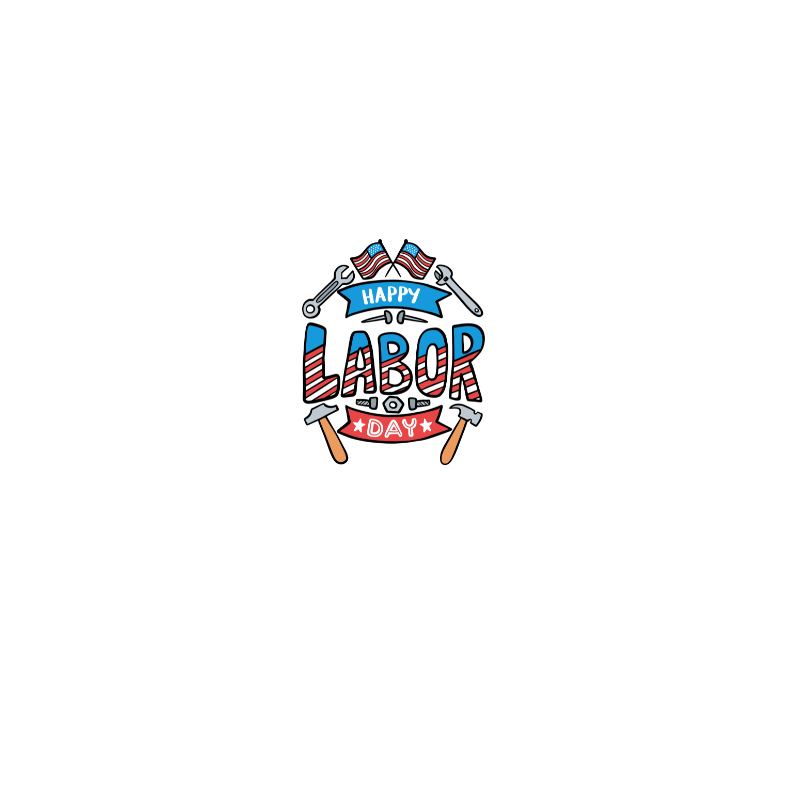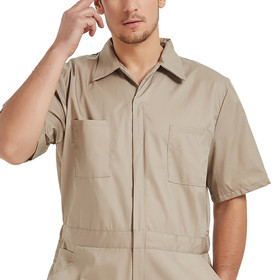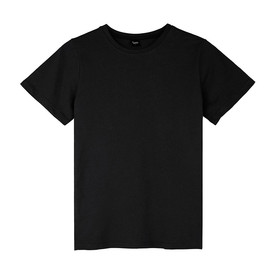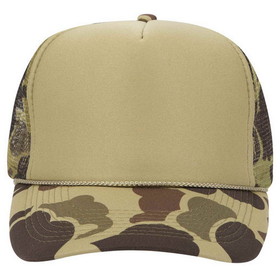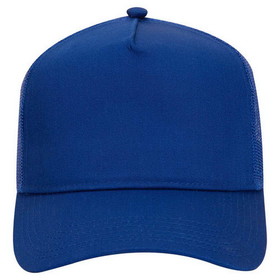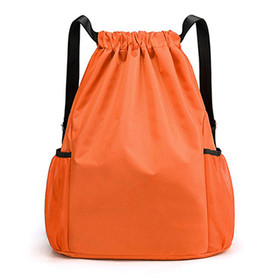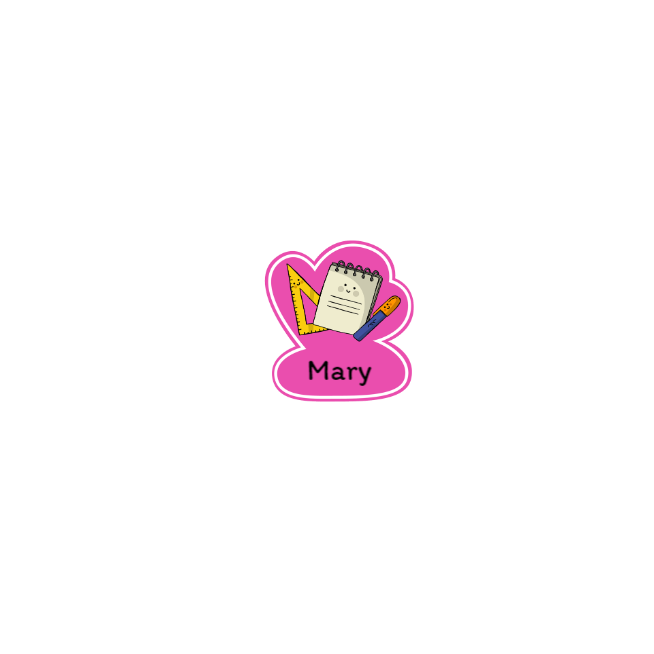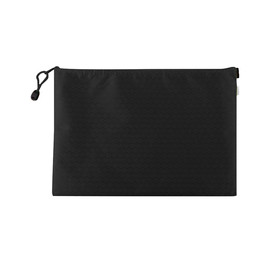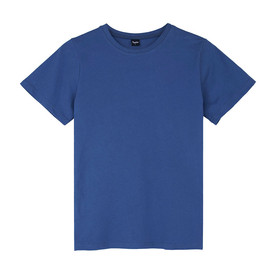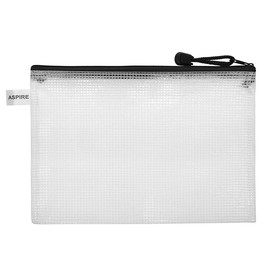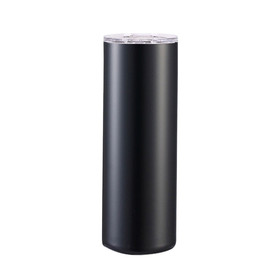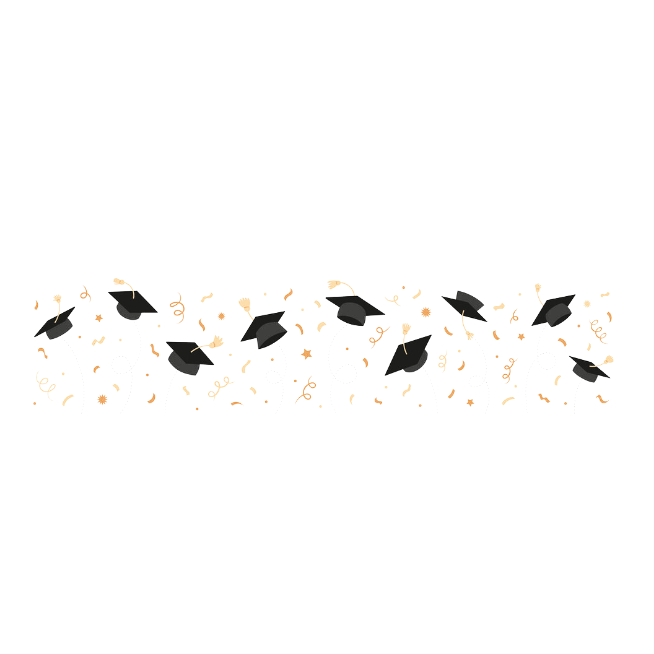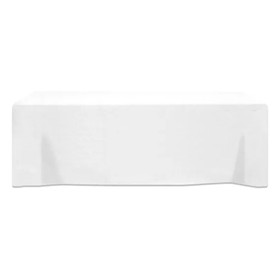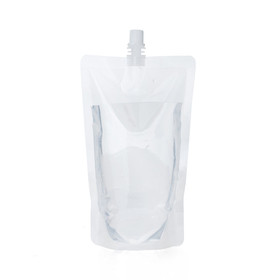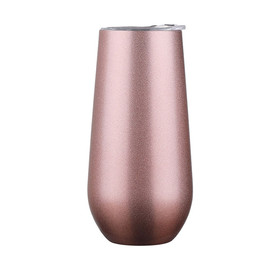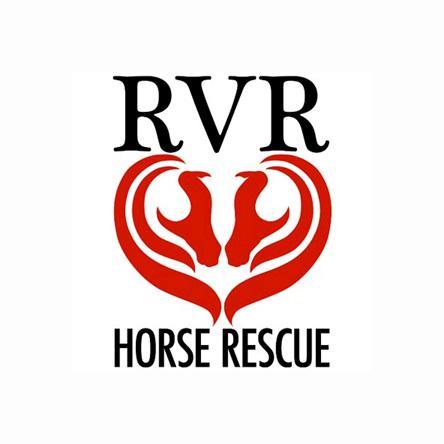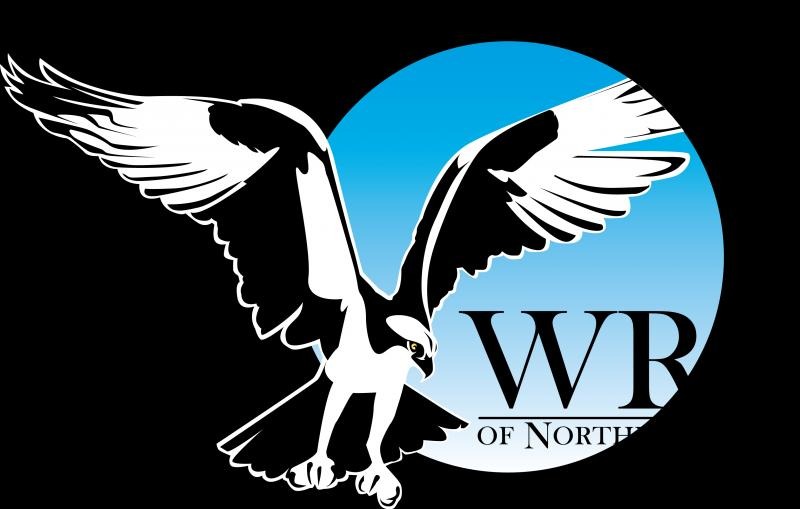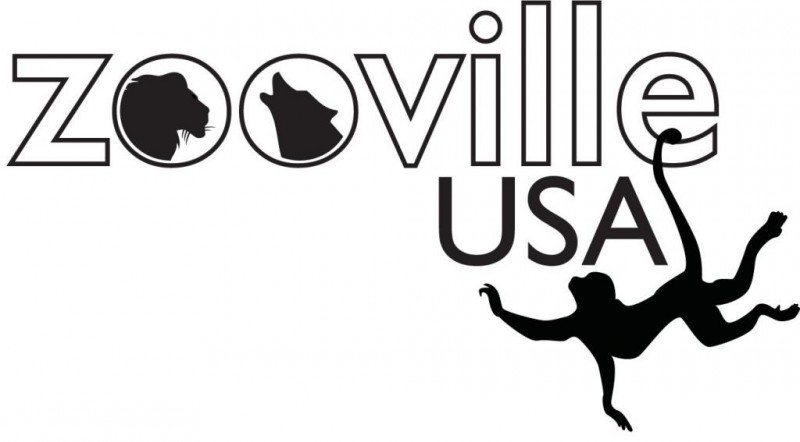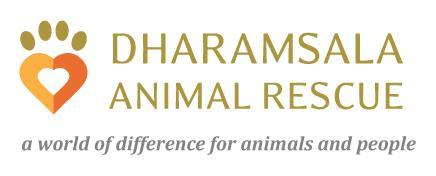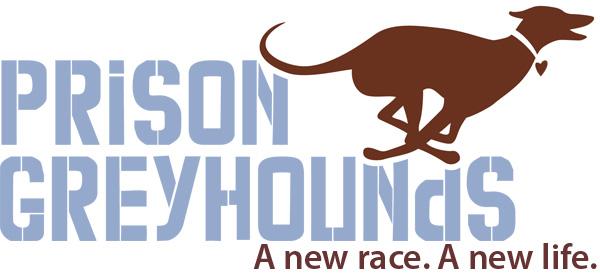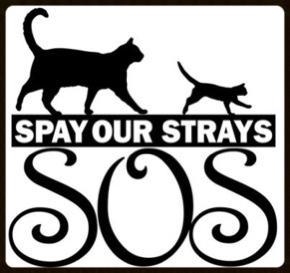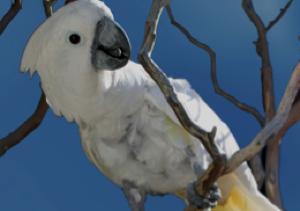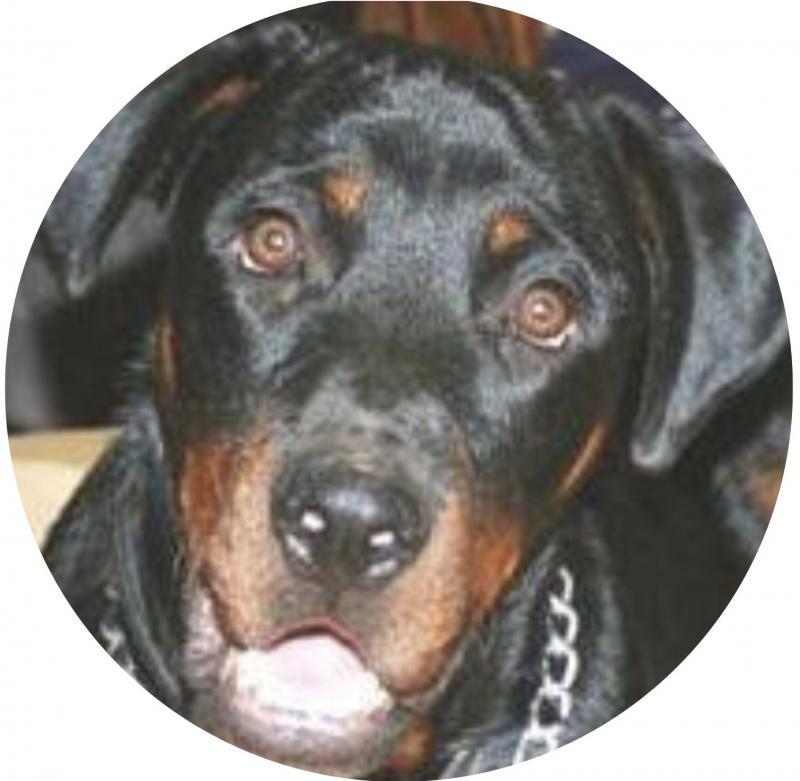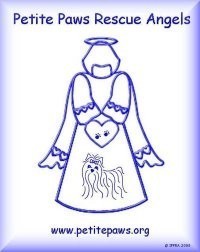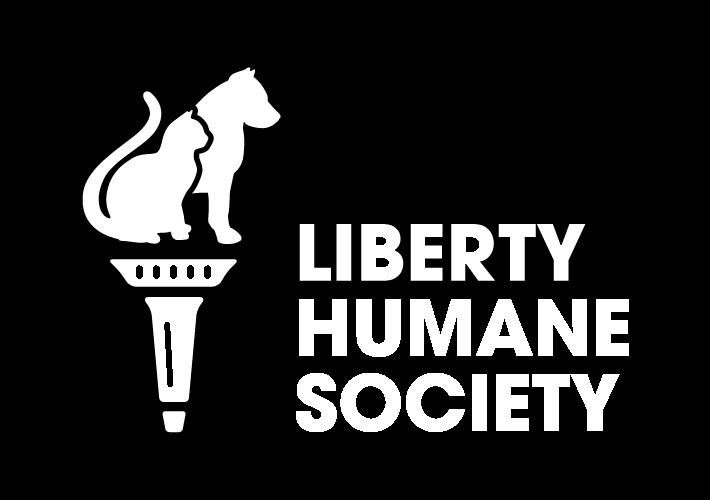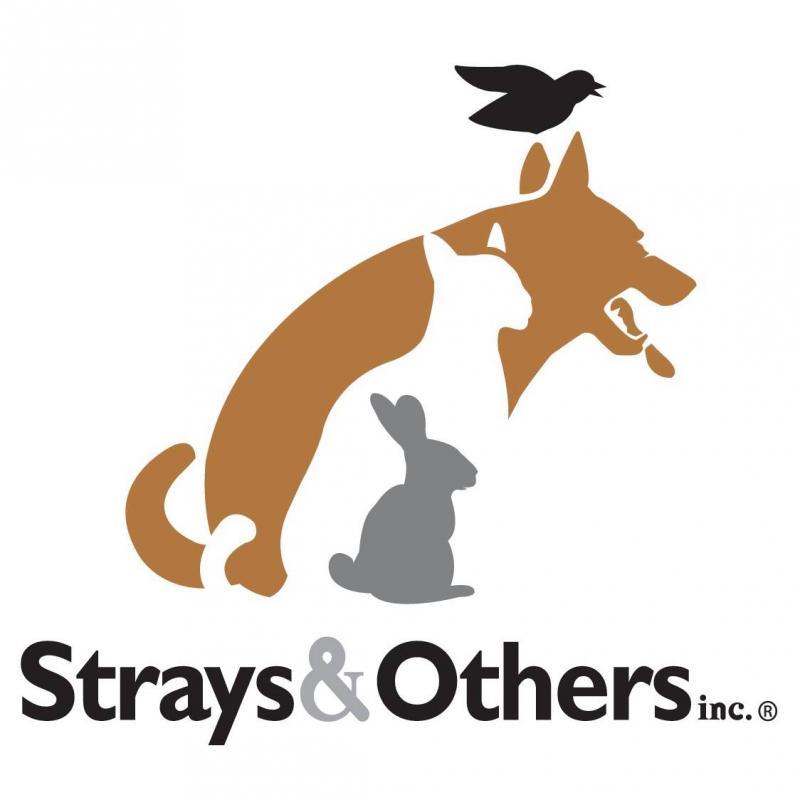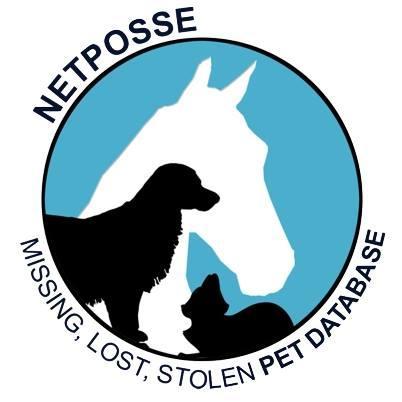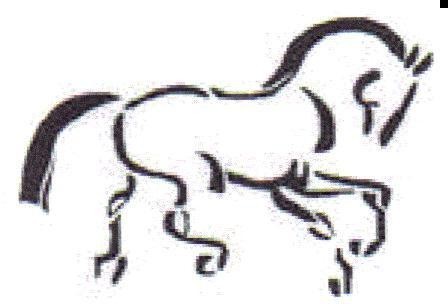Causes: Animal Protection & Welfare, Animal-Related, Animals
Mission: To provide montana's in-crisis and abused horses with shelter, rehabilitation and placement in qualified, permanent homes. To provide montana horse owners with education and assistance to help them better care for and work with their horses.
Programs: The past year presented new challenges as well as many rewarding accomplishments at montana horse sanctuary. Our work has four primary purposes:1) first and foremost, we are a sanctuary we provide in-crisis and abused horses with safe haven and rehabilitation in the form of individualized nutrition, veterinary care and training. Grace is an ideal example of this part of our work. The yellowstone county sheriffs office confiscated grace and her pasture mate in an abuse case. They had endured years of neglect and physical mistreatment. When we picked her up she was afraid of humans, ill from lack of dental care, full of parasites and had no training. We began with proper nutrition and consistently kind treatment. We addressed her veterinary and parasite issues. Eventually she learned to trust us and handling her became easier and safer. When she was healthy enough we took her to professional horse trainer spencer dominick where she received her introductory training. Spencer worked quietly and patiently with her, helping her gain trust and confidence with humans. She returned to the sanctuary and enjoyed nutritious food and a low-stress environment, two essential ingredients of rehabilitation. Grace is now finishing her advanced training with spencer and is ready to find her forever home. Each horse we rescue needs on average 2 years of rehabilitation before they are ready for a forever home. And because each horse is different, they vary in how many hours of hands-on help they require. Some horses require intensive time every day for months while some are in better shape when they arrive and need less intensive help yet still require tailored nutrition and training. The majority of horses are sent to a professional trainer to ensure they are safe for a future adopter. 2) secondarily, we are a rescue we find permanent adoptive homes for as many of the horses as possible. Over the past 12 years we have placed more than 200 horses in adoptive homes. Roxanne came to us as a tiny, thin foal in 2009.Her owner had been feeding his herd wonderbread and twinkies. As far as law enforcement could tell, they were not receiving any hay or pasture grass. We helped roxanne regain her health with nutrition and a foster mare who took the little filly under her wing. Madison lived with roxanne in a corral separate from the other horses for nearly a year. Once roxanne was old enough and big enough to live with the herd, we turned her in with them. She stayed close to madison while making lots of new friends. When she was 3 years old, we sent roxanne to jess holloway, a professional horse trainer near bozeman, to begin her training as a saddle horse. Like grace, we had her go through two rounds of training - introductory and intermediate. In 2016, roxanne found her dream home. She was adopted by a woman who loves to trail ride and who also works with 4-h members. Roxanne loves working with the 4-h kids and has great adventures out in the hills of eastern montana carrying her rider to many new destinations. 3) we help horse owners become better caregivers for their horses. We hold workshops and we speak with horse owners answering their questions about nutrition, training, and veterinary care. A more informed horse owner is more likely to keep their horses permanently. In 2016 we began to update our nutrition program for the sanctuary horses. In early 2017, we consulted with veterinarian madalyn ward of texas who specializes in holistic nutrition which is individualized to each horses needs. Dr. Ward helped us improve the diets of all the horses. We are seeing our elder horses acting younger and happier and our metabolically challenged horses have lost weight and are glowing with health. An added benefit is that our improved dietary program turns out to be less expensive and nearly 100% organic. We were so happy with the results we asked dr. Ward to teach two workshops in montana. The feedback has been positive and gratifying. About 50 people attended the workshops and many have viewed the online video of the first workshop. Many people have emailed us saying what huge changes they are seeing in their horses health and behavior, thanks to the workshops we provided them. Horse trainer jess holloway of bozeman helped more riders connect deeply with their horses and learn new training methods in 2016 at a workshop near great falls. Holloway has a special talent for communicating clearly with horses and their riders. Every time we offer one of jesss workshops, we hear back from participants who had felt frustrated or afraid of their horses who, because of the workshop, now feel happier and safer with their horses. And, its a logical conclusion that when horse owners feel safe with their horses, they are more likely to keep them for a lifetime. 4) we help horse owners find new homes for horses they can no longer keep. We want every horse who comes through our gates to get the best possible care, which means we must balance the number of horses we accept with our finances. We have developed a network of people who are looking for a new, forever horse and those people who need to rehome a horse. We also collaborate with other rescues, trainers, and organizations in montana to help spread the word whenever a horse needs to find a new person. Each year we assist dozens of horse owners trying to rehome their horses. Our volunteer programthe sanctuary is run primarily by volunteers. All horse care every day is done by volunteers and nearly all fundraising and public outreach are volunteer efforts. Scattered across montana and throughout several other states, we have on average 50 volunteers who care for horses, fix fences, irrigate the hay pasture, control weeds, educate the public, communicate with law enforcement about rescue situations, check out potential adoptive homes, promote the sanctuary at horse events, sell t-shirts, prepare herbal blends for the horses, doctor wounds, plan and carry out workshop and much more. Our extended network of volunteers demonstrate that people from all over our state are helping the horses. They are the lifeblood of the sanctuary. How the money is spent: in 2016 we spent 31% of our funds on horse care, feed and veterinary care. Our workshops are offered at or below cost so they are affordable to horse owners. They comprised 2% of our annual budget. Our monthly mortgage is $3920 and will be paid off in 2024.Mortgage interest comprised 17% of expenses in 2016.Composition of gifts received: contributions are comprised of individual direct donations (27%), workplace giving (3%), and montana specialty license plate support (37%); grants from private foundations (28%) and corporate gifts (5%). On the horizonthe sanctuary has been raising funds for the past year for a newer tractor. Our current all-purpose tractor is a 1962 john deere. Our tractor mechanic tells us the transmission is nearly gone and cannot be replaced. A tractor of similar ability in good used condition will cost approximately $26,000.We need about $19,000 to reach our goal. The tractor is a piece of equipment we use on a nearly daily basis to haul hay, clean corrals, and mow pasture weeds. If horses could operate machinery, their first choice would be a tractor! We have a small barn for the horses but it floods for about 5 months each year, due to surges in a natural spring which cannot be re-routed. The sanctuary needs to build a larger, more horse-safe barn in a dryer location which can be utilized year-round. The cost of such a barn will be approximately $40,000.Although our horses are in large pastures with turnout shelters most of the time, a barn provides a safe, clean location for ill horses, quarantine for new horses, a place for veterinarians to treat the horses and for our horse shoer to work during inclement weather. As we rehabilitate one pasture after another, we then surround them in horse-safe electrobraid fencing. Although more expensive than traditional barbed-wire, it is far safer for the horses and doesnt result in painful wire cuts if a horse tries to go through it. Because its electrified, the horses respect it and seldom challenge it. Funds for more electrobraid, gates, and fence posts are always needed. As more pastures are fenced off, the horses are able to have more time grazing and receiving the diet that nature intended for them as well as more movement and exercise which are essential to health and rehabilitation.
Mission: To provide montana's in-crisis and abused horses with shelter, rehabilitation and placement in qualified, permanent homes. To provide montana horse owners with education and assistance to help them better care for and work with their horses.
Programs: The past year presented new challenges as well as many rewarding accomplishments at montana horse sanctuary. Our work has four primary purposes:1) first and foremost, we are a sanctuary we provide in-crisis and abused horses with safe haven and rehabilitation in the form of individualized nutrition, veterinary care and training. Grace is an ideal example of this part of our work. The yellowstone county sheriffs office confiscated grace and her pasture mate in an abuse case. They had endured years of neglect and physical mistreatment. When we picked her up she was afraid of humans, ill from lack of dental care, full of parasites and had no training. We began with proper nutrition and consistently kind treatment. We addressed her veterinary and parasite issues. Eventually she learned to trust us and handling her became easier and safer. When she was healthy enough we took her to professional horse trainer spencer dominick where she received her introductory training. Spencer worked quietly and patiently with her, helping her gain trust and confidence with humans. She returned to the sanctuary and enjoyed nutritious food and a low-stress environment, two essential ingredients of rehabilitation. Grace is now finishing her advanced training with spencer and is ready to find her forever home. Each horse we rescue needs on average 2 years of rehabilitation before they are ready for a forever home. And because each horse is different, they vary in how many hours of hands-on help they require. Some horses require intensive time every day for months while some are in better shape when they arrive and need less intensive help yet still require tailored nutrition and training. The majority of horses are sent to a professional trainer to ensure they are safe for a future adopter. 2) secondarily, we are a rescue we find permanent adoptive homes for as many of the horses as possible. Over the past 12 years we have placed more than 200 horses in adoptive homes. Roxanne came to us as a tiny, thin foal in 2009.Her owner had been feeding his herd wonderbread and twinkies. As far as law enforcement could tell, they were not receiving any hay or pasture grass. We helped roxanne regain her health with nutrition and a foster mare who took the little filly under her wing. Madison lived with roxanne in a corral separate from the other horses for nearly a year. Once roxanne was old enough and big enough to live with the herd, we turned her in with them. She stayed close to madison while making lots of new friends. When she was 3 years old, we sent roxanne to jess holloway, a professional horse trainer near bozeman, to begin her training as a saddle horse. Like grace, we had her go through two rounds of training - introductory and intermediate. In 2016, roxanne found her dream home. She was adopted by a woman who loves to trail ride and who also works with 4-h members. Roxanne loves working with the 4-h kids and has great adventures out in the hills of eastern montana carrying her rider to many new destinations. 3) we help horse owners become better caregivers for their horses. We hold workshops and we speak with horse owners answering their questions about nutrition, training, and veterinary care. A more informed horse owner is more likely to keep their horses permanently. In 2016 we began to update our nutrition program for the sanctuary horses. In early 2017, we consulted with veterinarian madalyn ward of texas who specializes in holistic nutrition which is individualized to each horses needs. Dr. Ward helped us improve the diets of all the horses. We are seeing our elder horses acting younger and happier and our metabolically challenged horses have lost weight and are glowing with health. An added benefit is that our improved dietary program turns out to be less expensive and nearly 100% organic. We were so happy with the results we asked dr. Ward to teach two workshops in montana. The feedback has been positive and gratifying. About 50 people attended the workshops and many have viewed the online video of the first workshop. Many people have emailed us saying what huge changes they are seeing in their horses health and behavior, thanks to the workshops we provided them. Horse trainer jess holloway of bozeman helped more riders connect deeply with their horses and learn new training methods in 2016 at a workshop near great falls. Holloway has a special talent for communicating clearly with horses and their riders. Every time we offer one of jesss workshops, we hear back from participants who had felt frustrated or afraid of their horses who, because of the workshop, now feel happier and safer with their horses. And, its a logical conclusion that when horse owners feel safe with their horses, they are more likely to keep them for a lifetime. 4) we help horse owners find new homes for horses they can no longer keep. We want every horse who comes through our gates to get the best possible care, which means we must balance the number of horses we accept with our finances. We have developed a network of people who are looking for a new, forever horse and those people who need to rehome a horse. We also collaborate with other rescues, trainers, and organizations in montana to help spread the word whenever a horse needs to find a new person. Each year we assist dozens of horse owners trying to rehome their horses. Our volunteer programthe sanctuary is run primarily by volunteers. All horse care every day is done by volunteers and nearly all fundraising and public outreach are volunteer efforts. Scattered across montana and throughout several other states, we have on average 50 volunteers who care for horses, fix fences, irrigate the hay pasture, control weeds, educate the public, communicate with law enforcement about rescue situations, check out potential adoptive homes, promote the sanctuary at horse events, sell t-shirts, prepare herbal blends for the horses, doctor wounds, plan and carry out workshop and much more. Our extended network of volunteers demonstrate that people from all over our state are helping the horses. They are the lifeblood of the sanctuary. How the money is spent: in 2016 we spent 31% of our funds on horse care, feed and veterinary care. Our workshops are offered at or below cost so they are affordable to horse owners. They comprised 2% of our annual budget. Our monthly mortgage is $3920 and will be paid off in 2024.Mortgage interest comprised 17% of expenses in 2016.Composition of gifts received: contributions are comprised of individual direct donations (27%), workplace giving (3%), and montana specialty license plate support (37%); grants from private foundations (28%) and corporate gifts (5%). On the horizonthe sanctuary has been raising funds for the past year for a newer tractor. Our current all-purpose tractor is a 1962 john deere. Our tractor mechanic tells us the transmission is nearly gone and cannot be replaced. A tractor of similar ability in good used condition will cost approximately $26,000.We need about $19,000 to reach our goal. The tractor is a piece of equipment we use on a nearly daily basis to haul hay, clean corrals, and mow pasture weeds. If horses could operate machinery, their first choice would be a tractor! We have a small barn for the horses but it floods for about 5 months each year, due to surges in a natural spring which cannot be re-routed. The sanctuary needs to build a larger, more horse-safe barn in a dryer location which can be utilized year-round. The cost of such a barn will be approximately $40,000.Although our horses are in large pastures with turnout shelters most of the time, a barn provides a safe, clean location for ill horses, quarantine for new horses, a place for veterinarians to treat the horses and for our horse shoer to work during inclement weather. As we rehabilitate one pasture after another, we then surround them in horse-safe electrobraid fencing. Although more expensive than traditional barbed-wire, it is far safer for the horses and doesnt result in painful wire cuts if a horse tries to go through it. Because its electrified, the horses respect it and seldom challenge it. Funds for more electrobraid, gates, and fence posts are always needed. As more pastures are fenced off, the horses are able to have more time grazing and receiving the diet that nature intended for them as well as more movement and exercise which are essential to health and rehabilitation.
Po Box 551, Stevensville, MT 59870
406-264-5300

Animals
Stevensville



